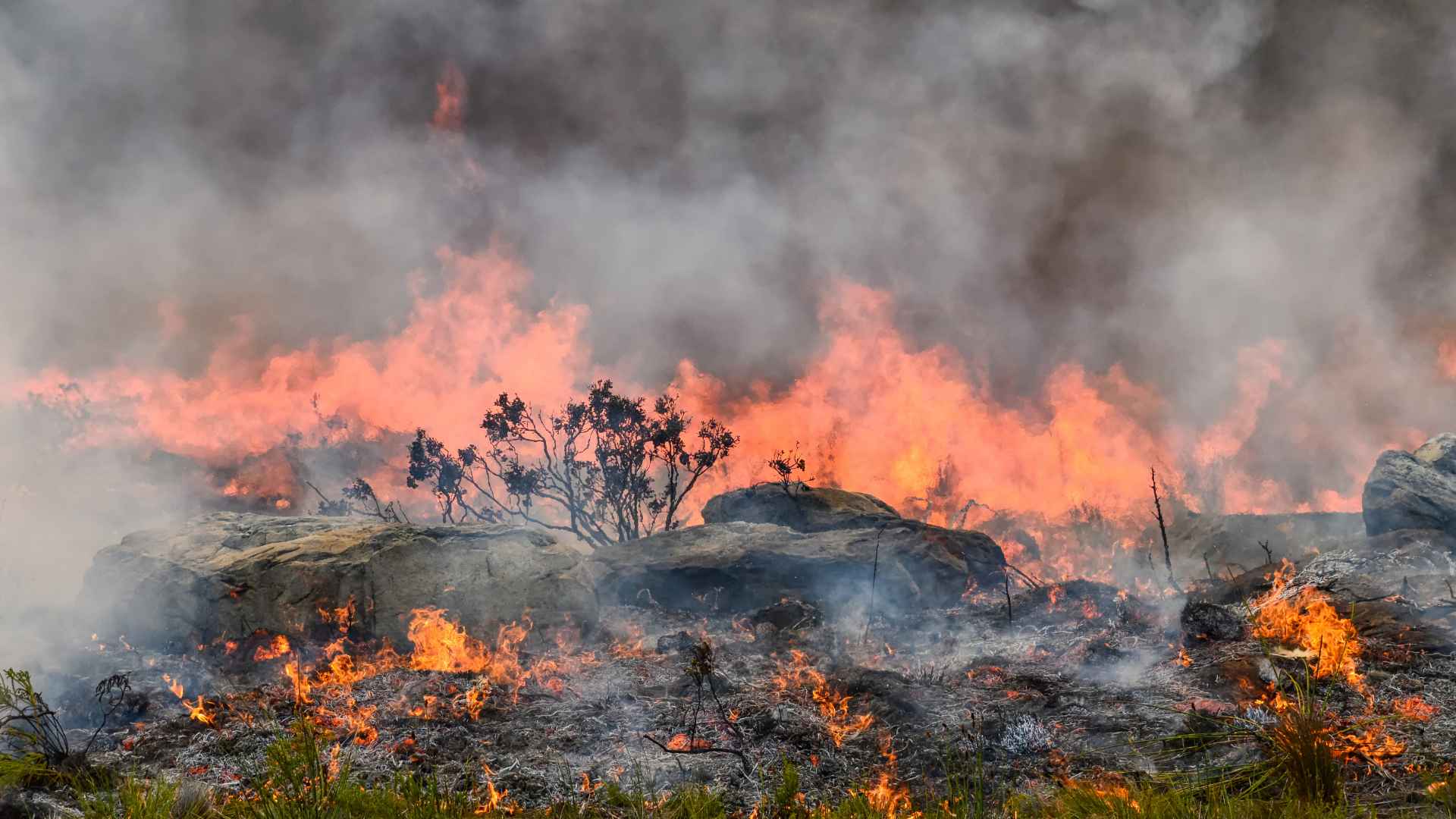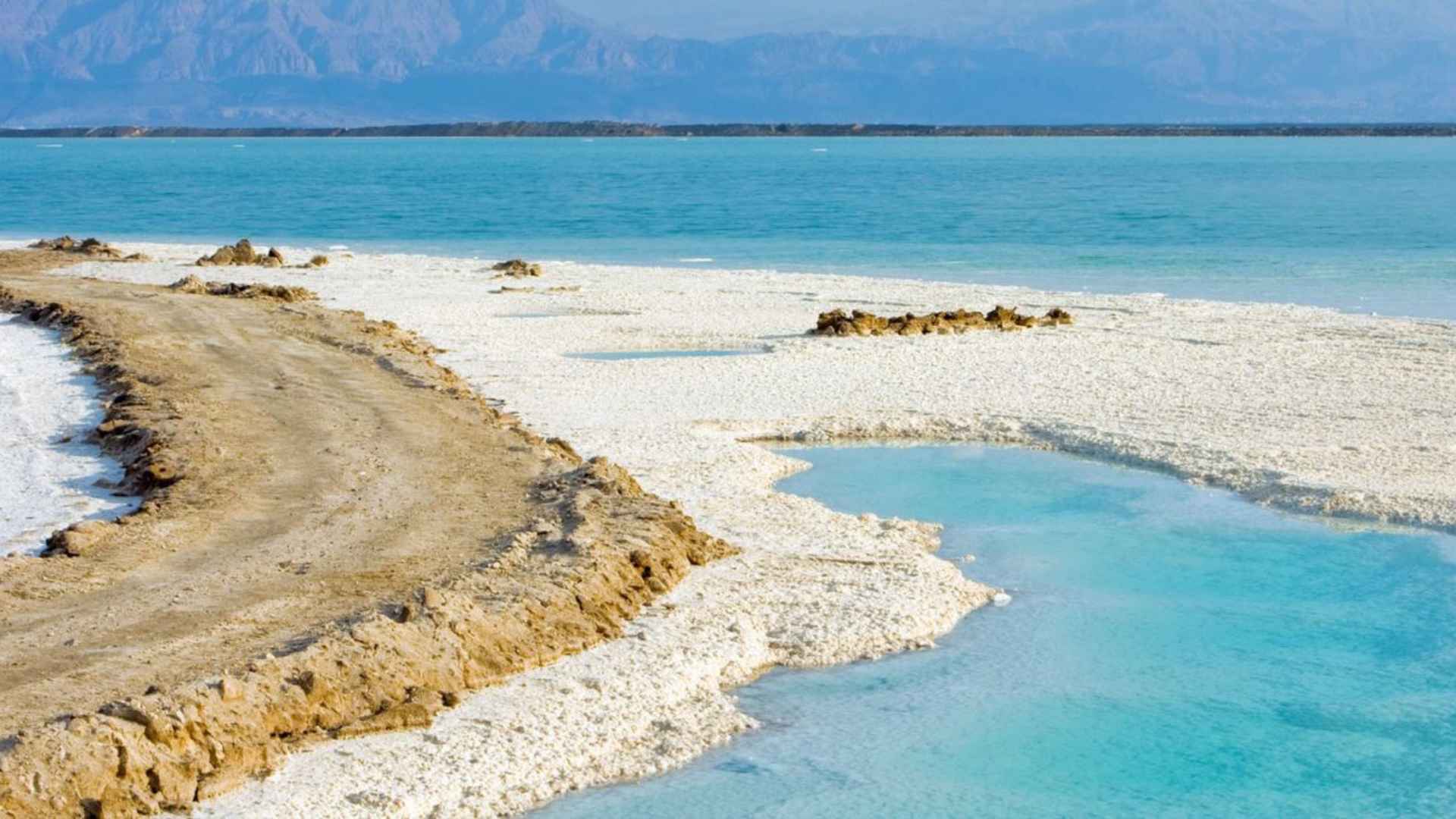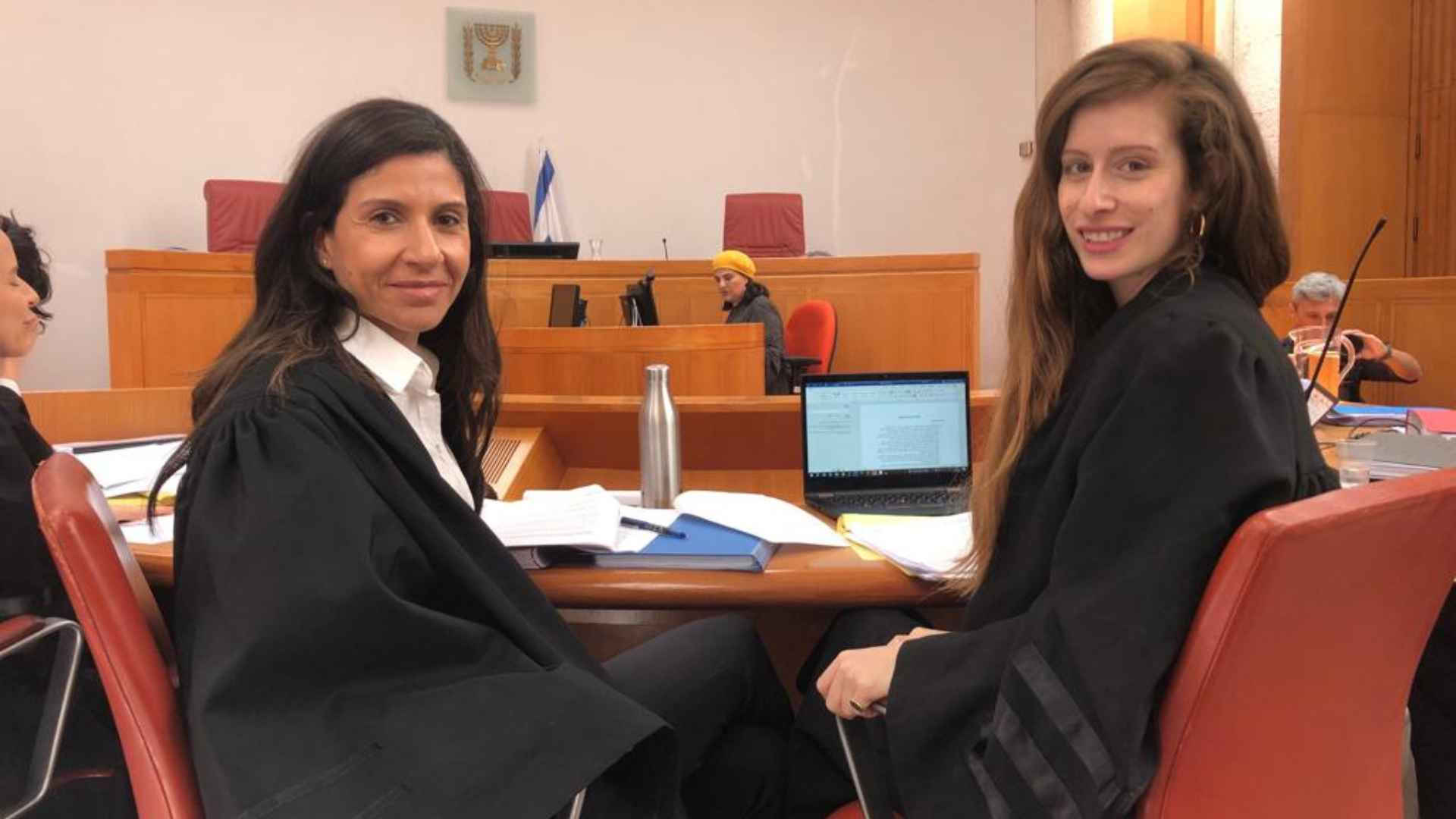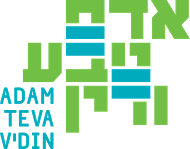The State of Israel has submitted its response to the High Court of Justice in our ongoing case against the Education, Interior, Social Equality, Energy, Health and Environmental Protection Ministries, each of which bears some responsibility for ensuring that all Israeli children receive equal access to education.
The State’s position at the outset of the case was that there was insufficient data available regarding infrastructure accessible to unrecognized villages in the Negev. In the updated submission, the State de facto acknowledges this inadequacy, and has informed the court that tenders have been issued for preparation of an infrastructure database (electricity, water, sewage, communications, etc.) in regard to all the Negev Bedouin villages. The State will report to the Court on its findings by the end of January, 2025.
In regard to the solar option, which the State earlier rejected as a potential solution due to infrastructure and costs issues, the State confirmed that it would make a fuller response in its January report.
Attorney Ortal Sanker, environmental justice lawyer at Adam Teva V’Din comments that, “In our opinion, the State’s assertion that solar solutions are complex and costly is inadequate. We have an affidavit from an expert in the field who confirms that solar power is the best solution, with measurable benefits, for powering classrooms in off-grid schools.”





